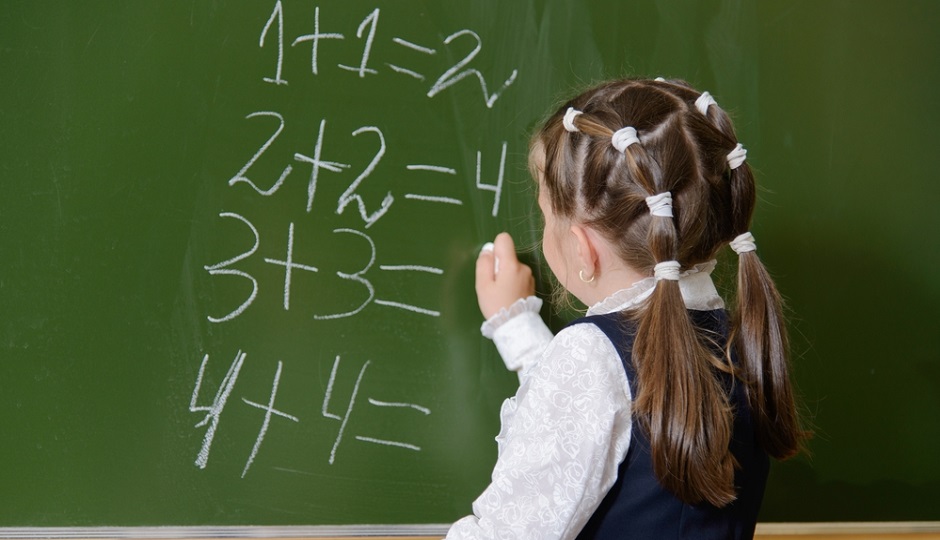
The development of algebraic thinking in elementary and preschool students has great potential to reduce difficulties in learning algebra at the high school level.
The problem of transitioning from the arithmetic taught in elementary school to algebra in high school is well known to researchers. The field of mathematics instruction has accumulated a significant amount of information regarding the theorization of this issue and teaching practices.
Young students have a significant potential for the development of algebraic thinking that is not exploited by regular teaching.
The objective of our project was to analyze the available scientific information on effective approaches and practices and synthesize it into concrete recommendations. We analyzed more than 126 rigorously selected scientific articles.We identified three global approaches to the problem of the arithmetic/algebra divide, formulated nine recommendations for desirable changes in elementary and preschool mathematics instruction to address this issue, documented and exemplified effective practices in the formation of algebraic thinking in young students, and prepared an explanatory guide to the recommendations and teaching practices.
Our data suggest that young students have a significant potential for the development of algebraic thinking that is not exploited by regular teaching. Our recommendations are, in general, aligned with the Quebec Education Program.
However, changes in teaching practices require the training of education professionals as well as the revision of educational materials. More research is needed to study the possibility of fully integrating the new practices into arithmetic teaching.
Main researcher
Elena Arkhipova, Université du Québec en Outaouais
Deposit of the research report: November 2019
